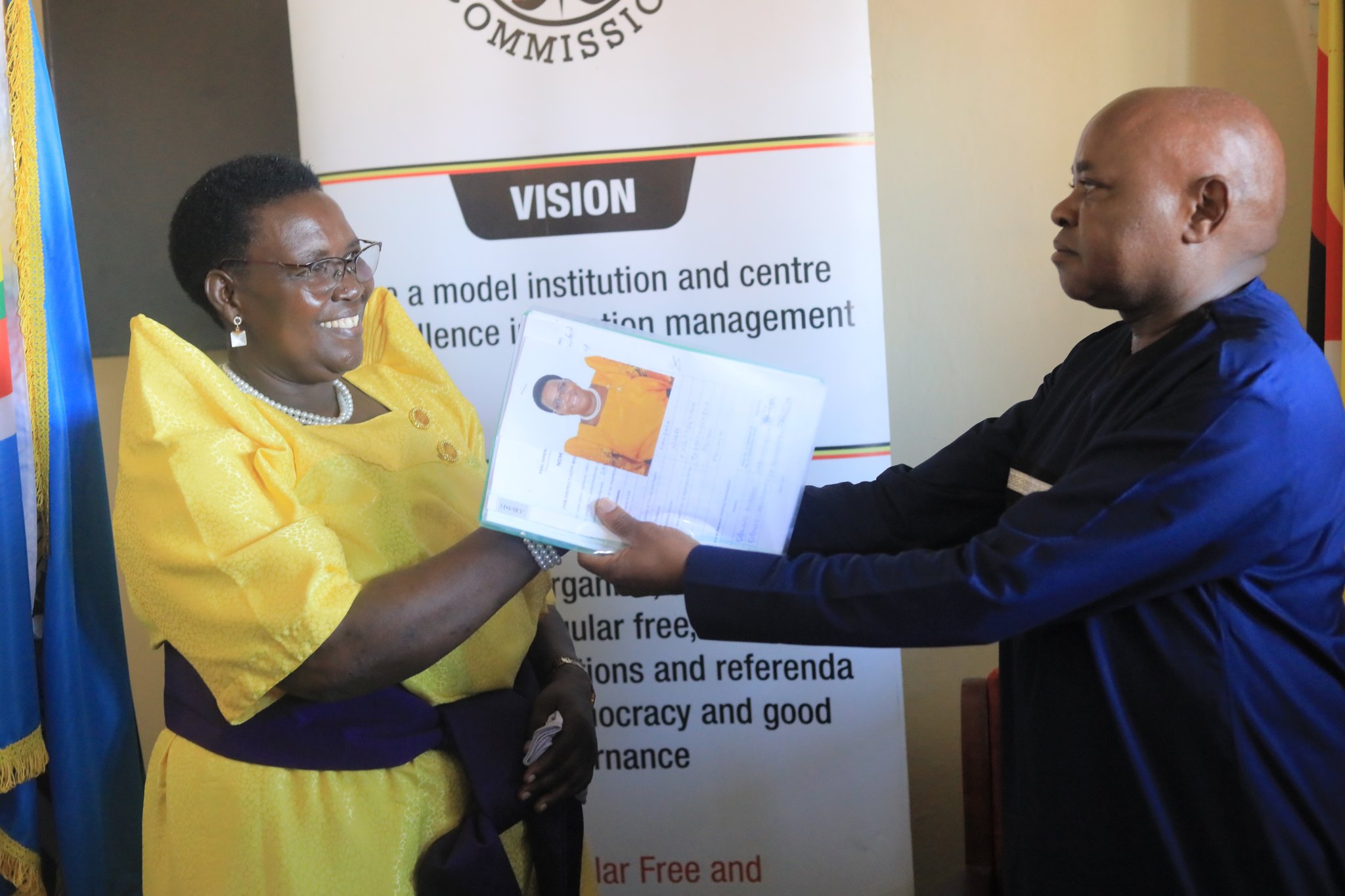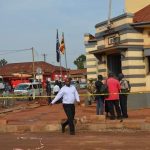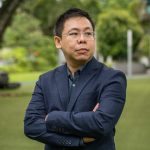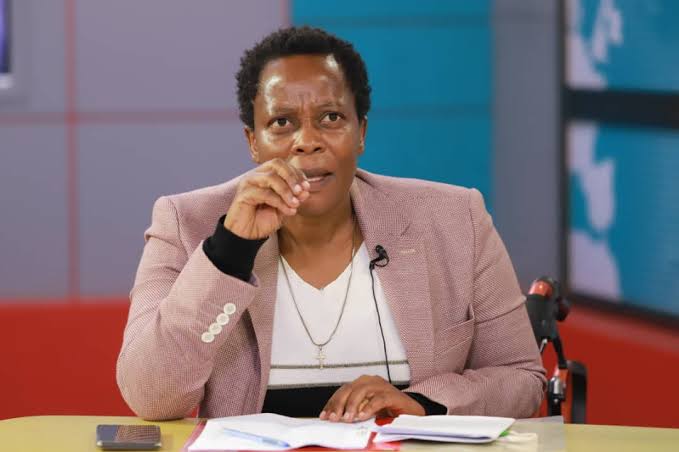Scheduled for March 21, 2024, residents of Dokolo District are gearing up for an essential electoral event: the by-election to elect their Woman Member of Parliament. This election follows the vacancy left by the unfortunate demise of Cecilia Atim Ogwal on January 18. As the electorate prepares to cast their votes, seven candidates have emerged to contend for the coveted position. Among them are notable figures like Dr. Rosemary Alwoch Ogwal, running under the FDC ticket, and Ms. Janet Adongo Elau, representing the National Resistance Movement (NRM). Also in the race are independent candidates Dr. Esther Akullo Obot Otada, Ms. Rebecca Arao, and Dr. Grace Anna Lalam, along with Ms. Sarah Aguti Nyangkori from the UPC and Ms. Harriet Ageno of the National Unity Platform (NUP).
The contenders face a constituency grappling with a myriad of unresolved issues, deemed critical by the residents. A broken education system, exacerbated by a high cost of living, stands as a pressing concern. Furthermore, the district contends with issues such as hunger, poor road networks, drug shortages, and a deficit of healthcare workers in public health facilities. Residents express dismay over the apparent lack of government support, citing delays in resource allocation and poor remittance for essential projects like road construction. The neglect of infrastructure, particularly road maintenance, poses a significant challenge to accessing social services in the region.
Moreover, the persistent problem of drug stockouts in health facilities exacerbates healthcare access challenges, forcing patients to resort to costly private alternatives. Inadequate staffing and drug shortages hinder effective healthcare provision, prompting calls for urgent interventions from the incoming legislator. Suggestions for improvement include lobbying for the upgrade of the Dokolo Health Centre IV to a district hospital, enhancing maternal and neonatal care, and ensuring consistent drug supplies.
Concerns extend to the education sector, where the quality of education in some schools has notably declined. Dokolo struggles with a high teacher-pupil ratio, resulting in inadequate educational outcomes. Despite efforts to address these challenges, including calls for the establishment of more government schools and the recruitment of qualified teachers, the situation persists. The community underscores the importance of prioritizing education reforms to uplift academic standards and empower the youth.
As the electorate evaluates the promises of the aspiring candidates, skepticism looms regarding the potential for meaningful change. The former district chairperson expresses doubts about the candidates’ ability to address critical issues, highlighting the longstanding bureaucratic hurdles hindering effective resource allocation. However, candidates like Dr. Lalam Atine and Dr. Alwoch Ogwal articulate their visions for addressing key concerns, including education reform and agricultural modernization, respectively.
In assessing the role of Members of Parliament (MPs), citizens emphasize the need for proactive representation and advocacy. MPs are expected to champion legislative reforms, scrutinize budget allocations, and amplify the voices of their constituents on national platforms. Additionally, they are tasked with monitoring government expenditure and addressing instances of maladministration and misuse of funds.
As the Dokolo by-election approaches, residents are hopeful for transformative leadership that prioritizes their welfare and addresses longstanding grievances. The outcome of the election will not only determine the district’s parliamentary representation but also signal the direction of future development initiatives and governance priorities.




















